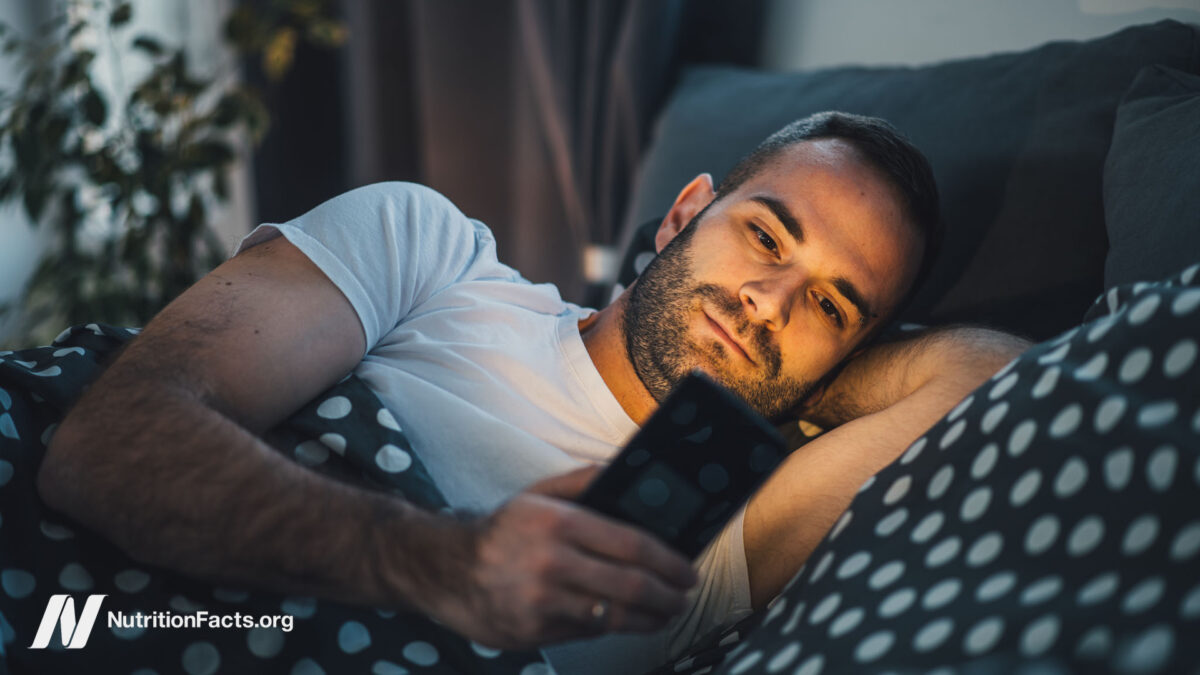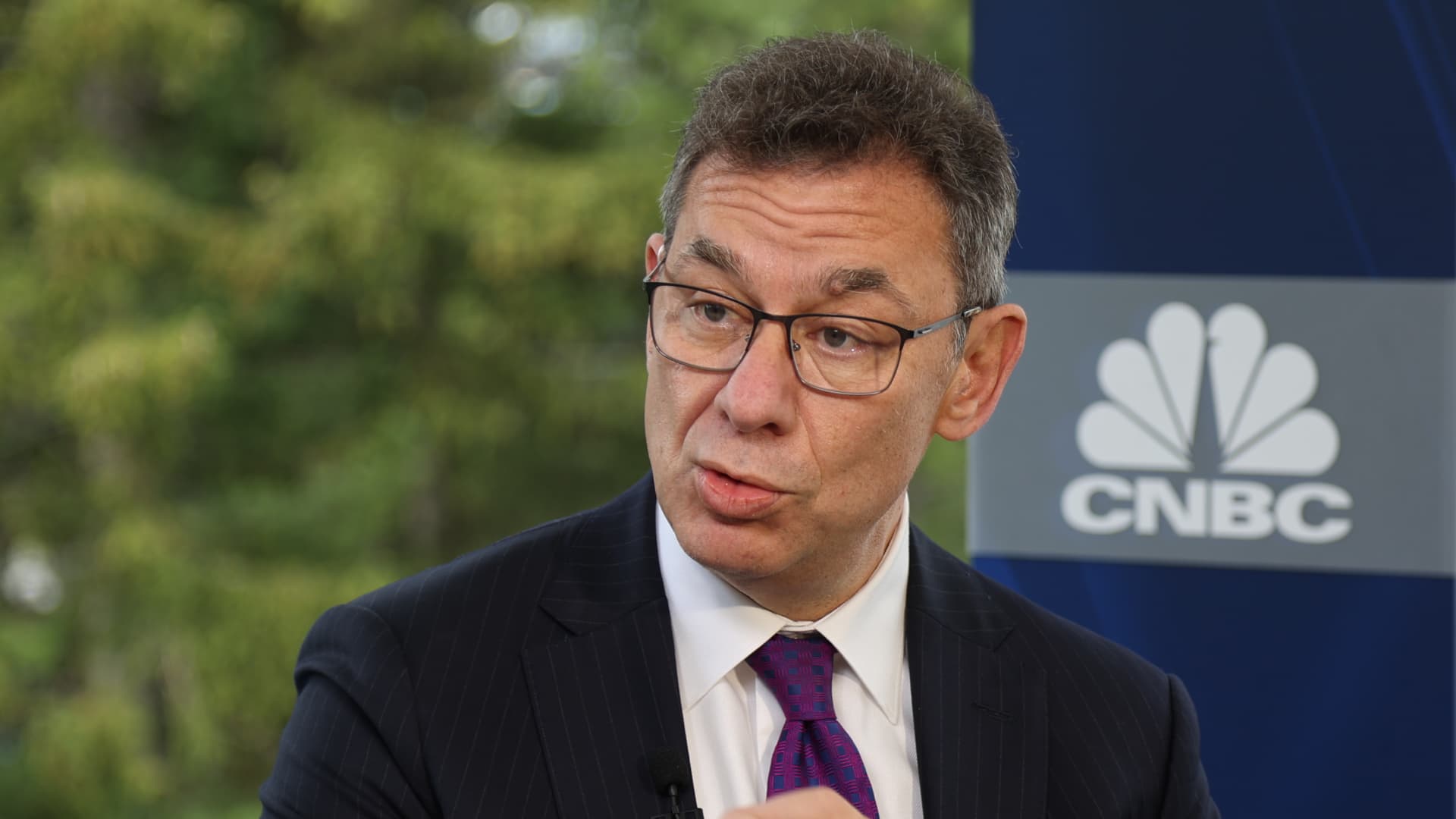A Bachelorette spruiked the carnivore diet, but is it safe?
Everything you need to know about the carnivore diet.

Everything you need to know about the carnivore diet.
If you’re a die-hard Bachie fan (like me), you probably saw the recent controversy around Bachelorette Elly Miles’ Instagram stories on the carnivore diet.
That debacle aside – you might be wondering what the carnivore diet actually entails, and whether or not you should try it. So, here’s my dietitian-approved verdict on this meaty eating plan.
Like what you see? Sign up to our bodyandsoul.com.au newsletter for more stories like this.
What is the carnivore diet?
The carnivore diet walks a similar line to the paleo and keto diets, but is even more extreme.
Think of it as the exact opposite of a vegan diet. It’s high in protein and low in carbs, consisting only of animal proteins like red meat, poultry, fish and eggs, with a little bit of dairy foods, like cheese and butter, thrown into the mix. Think: eggs for breakfast, fish for lunch and a big, juicy T-bone steak for dinner. In other words, goodbye fruit, veggies, legumes and whole grains.
What are the pros and cons of the carnivore diet?
On the plus side, the carnivore diet is high in protein, which is essential for muscle growth, maintenance and repair. High protein foods also have a fullness factor, so can help to keep pesky hunger pangs at bay.
By process of elimination, you won’t be eating foods like chocolate, ice cream and biscuits on the carnivore diet, so your intake of added sugars will likely drop. And that’s about where the buck stops on my list of good things about the carnivore diet.
Now for the not-so-good – and buckle up, because there’s a lot of them. Any diet that limits – or even restricts – your intake of fruit, vegetables and legumes isn’t worth paying any attention to. Fruit, veggies and legumes (like beans, chickpeas and lentils) are some of the most nutritious foods on the planet and should never be demonised by a silly fad diet. Trust me: they should make up the vast majority of what you eat every single day. No questions asked.
Another cornerstone of healthy eating is regularly consuming whole grains – and again, these are banned on the carnivore diet. Whole grains provide a raft of essential nutrients, including carbohydrates to balance blood sugars, fibre for a healthy gut and many micronutrients like energising iron and the antioxidant Vitamin E, not to mention, a bucket load of disease-fighting antioxidants.
Eating whole grains regularly is associated with a raft of health perks, including reduced risk of heart disease, diabetes and bowel cancer.
All in all, eliminating these nutritious food groups means the carnivore diet is nutritionally deficient and *very* unbalanced. There’s simply no way you can get all of the nutrition you need just from eating animal flesh. What’s more, by focusing only on meat, your intake of saturated fat will spike, which is bad news for heart health.
Nutrition aside, the carnivore diet (along with any other fad diet, for that matter), has a lot of potential to damage your relationship with food. Why? By focusing on only one of five food groups, the carnivore diet is *so* restrictive that you’ll end up feeling incredibly deprived – and there’s simply no place for deprivation in a truly healthy way of eating.
Should you try the carnivore diet?
The simple answer is: no, you should not try the carnivore diet. Any diet that puts one food group up on a pedestal and ignores all of the others is just plain nonsense – especially when it’s telling you to eliminate wholesome fruit and vegetables.
Melissa Meier is a Sydney-based accredited practising dietitian. You can connect with her on Instagram @honest_nutrition.

 MikeTyes
MikeTyes 






























